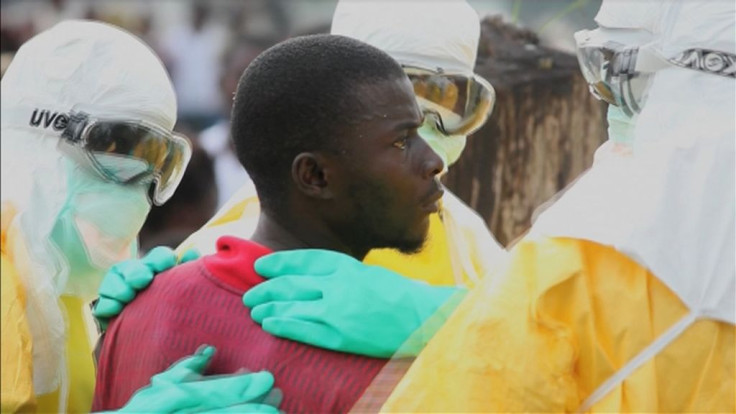UN Calls For $600M To Build 'Crisis Center' To Stop Ebola Outbreak Within Nine Months

The United Nations is calling for more aid to halt the spread of Ebola within nine months, as the disease shows little sign of abating and afflicted countries scramble to bring supplies to quarantined areas.
UN Secretary-General Ban Ki-moon announced plans — or at least a desire — on Friday to establish a crisis center "to bring synergy and efficiency" to desperate West African nations, Reuters reported. He asked for $600 million worth of supplies, including food and medical equipment, which have been squeezed out of the region by airlines that canceled routes and military-enforced cordons, or regional quarantines, that block roads. "The number of cases is rising exponentially. The disease is spreading far faster than the response. People are increasingly frustrated that it is not being controlled," he said.
Since March, at least 1,900 people have died out of more than 3,500 confirmed cases. Efforts to contain the outbreak have been hampered by shortages of doctors, unruly patients, misinformation and, perhaps most of all, a lack of medical facilities in which to house the infected. In an Aug. 29 report, the World Health Organization said that "there are serious problems with case management, and infection prevention and control." Surplus patients in Sierra Leone's capital, Freetown, are taken to a hospital in Kenema. But Kenema, where nurses recently striked, is already "overwhelmed by local demand."
In a sign of the frustration of patients, who lack food and medical attention, a video recently emerged showing an Ebola patient in Liberia stalking the streets after breaking out of a quarantine facility. Villagers and aid workers gingerly pursue him at a distance until handlers in full hazmat suits seize him and spirit him away in the back of a truck. Ebola virus is contracted through close contact with the bodily fluids of infected patients; they typically have a 10 percent chance of survival. With the current outbreak, the death risk is around 50 percent.
Lately, fears of a westward spread have been partially validated by a study published in an academic journal claiming the disease outbreak has an 18 percent chance of reaching the United States this month. "What's happening in West Africa is going to get here," the author said. And this week, a third American doctor, who was working in West Africa, contracted Ebola; he was flown to Nebraska on Friday where he's being treated. The first two Americans recovered after undergoing ZMapp treatment.
"The goal is to stop Ebola transmission in affected countries within six to nine months, and to prevent the international spread of the virus," Ban said on Friday. "This can be done only if the urgent and necessary mobilization is done both in the affected countries and by the international community."
Published by Medicaldaily.com



























